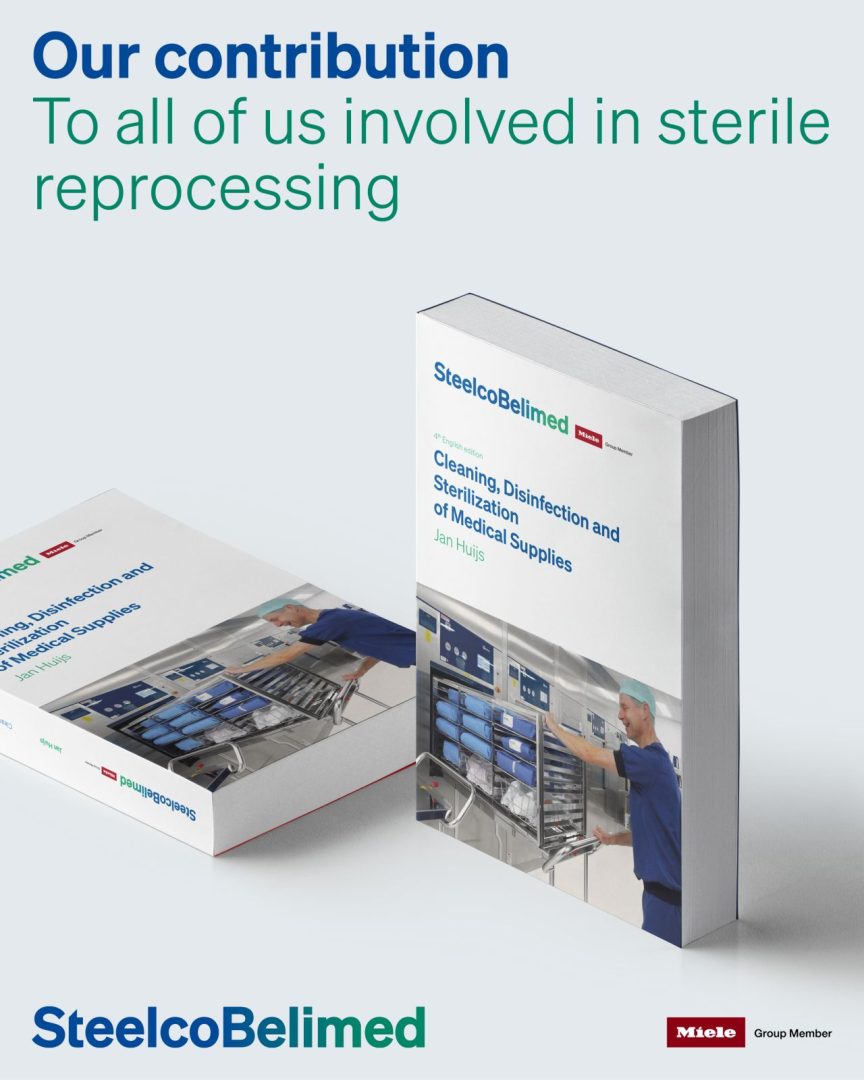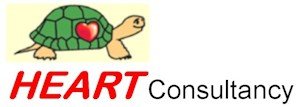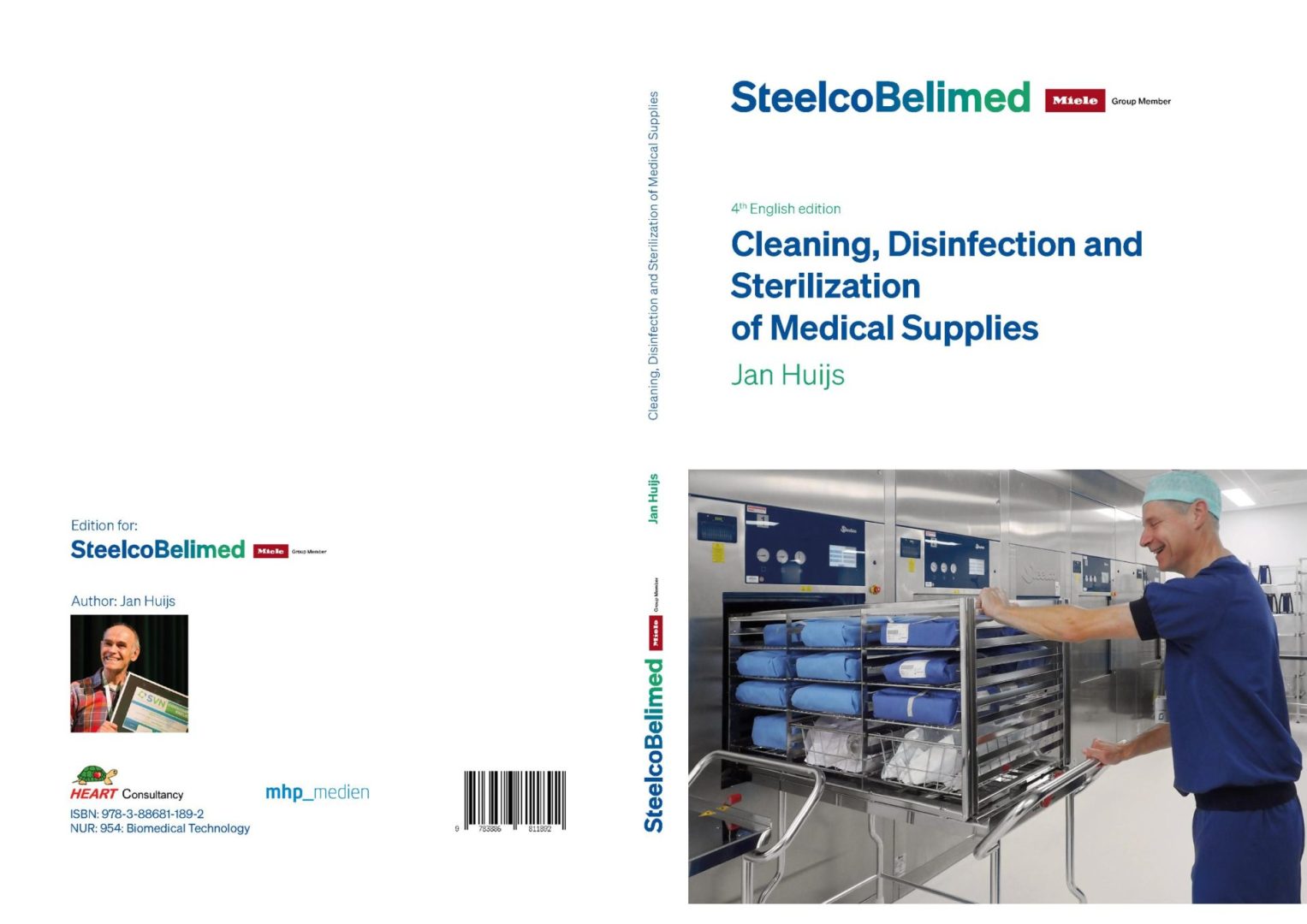Foreword by SteelcoBelimed

Sterilization happens every minute all around the world.
Knowing how to correctly sterilize medical equipment helps improving the outcome of surgical procedures by reducing the rise of Healthcare-Associated Infections (HAIs). They are usually due to lack of personnel’s sufficient knowledge or no access to the ideal infrastructure, technology, and resources. Jan Huys, with his extensive experience on technical training in African countries, is well aware of the issues arising during the instrument reprocessing process. That’s why he wrote “Sterilization of Medical Supplies by Steam”, an extraordinary manual in the field of infection control. Theoretical and practical knowledge merge to create this impressive book. Since 1996, the year the first edition was published, it always served operators and professionals around the world in understanding deeper how reprocessing works and its relevance in protecting patients from HAIs.
As SteelcoBelimed – aiming at being the most customer-centric, innovative and reliable partner for Infection Control and Life Science solutions – we are proud to support the work of Jan Huys. As he explains throughout the book, to perform the sterilization process in a good way, it is necessary that operators are well-trained, and equipment is in a perfect condition. This does not only include a good technical training, but also a proper maintenance and quality of the utilities. That’s the main objective of our Academy team: travel the world to teach operators and technicians the correct procedures to obtain a reliable reprocessing process, like Jan used to.
We hope this outstanding book may reach personnel involved in the sterilization process and assist them in their daily operations, making them aware of their utmost relevance in ensuring each patient’s safety every day. A reliable sterilization process is nothing without operators’ knowledge. This book is the knowledge our industry needs.
Alessandro Caprara
CEO SteelcoBelimed – Infection Control
Introduction of the book
The book was launched by SteelcoBelimed on the UN International Day of Education on January 24th 2025
 |
What is education? How does it fit in today’s modern world? The 2025 International Day of Education encourages reflections on the power of education to equip individuals and communities to navigate, understand and influence technological advancement. In fact, this year’s theme is “AI and education: Preserving human agency in a world of automation”. Education is a key issue for all countries, independently from their technological level. To increase their knowledge, since 1996 Jan Huijs is updating his book “Cleaning, Disinfection, and Sterilization of Medical Supplies” dedicated to technicians. We are proud to support him with the fourth revised edition, which is now being published. Would you like to receive a copy? Ask your SteelcoBelimed referee. hashtagSteelcoBelimed hashtagInnovateWithConfidence hashtaghealthcare hashtageducation hashtagpublication *this manual is not available for the US |


What role does SteelcoBelimed play in supporting sterilization training and education for medical professionals? Regard Sistem Informasi Akuntansi
Dear sirs
it is possible to receive a copy of “Cleaning, Disinfection, and Sterilization of Medical Supplies” dedicated to technicians. book
best regards
Good https://is.gd/N1ikS2
Awesome https://is.gd/N1ikS2
Very good https://is.gd/N1ikS2
Good https://is.gd/N1ikS2
Good https://is.gd/N1ikS2
Good https://is.gd/N1ikS2